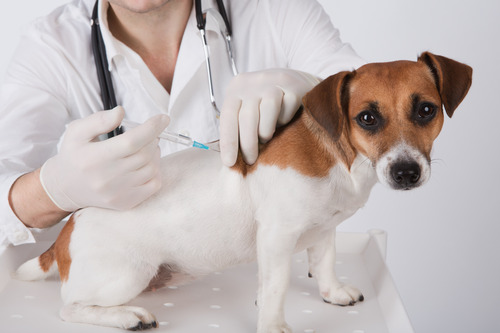Ensuring your dog is vaccinated is one of the most important steps you can take to safeguard their health. Vaccines play a crucial role in protecting dogs from various infectious diseases, some of which can be fatal. But with numerous vaccines available, you may wonder which dog vaccines are absolutely necessary. In this blog, we’ll explore the essential vaccines your dog needs and why they are important. For more information or to schedule a vaccination appointment, please call Minnieville Animal Hospital in Woodbridge, VA, at (703) 680-4000.
Core Vaccines for Dogs
Core vaccines are considered essential for all dogs, regardless of their lifestyle or environment. These vaccines protect against highly contagious and severe diseases.
Rabies
Rabies is a viral disease that affects the central nervous system of mammals, including humans. It is almost always fatal once symptoms appear. The rabies vaccine is legally required in most places due to its serious implications for both animal and public health. Puppies typically receive their first rabies shot at around 12 to 16 weeks of age, followed by a booster a year later. After that, dogs usually receive a rabies booster every one to three years, depending on local regulations and the type of vaccine used.
Canine Distemper
Canine distemper is a highly contagious viral disease that affects a dog’s respiratory, gastrointestinal, and nervous systems. Symptoms include fever, nasal discharge, coughing, lethargy, vomiting, and seizures. The canine distemper vaccine is typically part of a combination vaccine (often referred to as DHPP or DA2PP) that also protects against other diseases. Puppies receive this combination vaccine starting at 6 to 8 weeks of age, with boosters every three to four weeks until they are 16 weeks old. Adult dogs receive boosters every one to three years.
Canine Parvovirus
Canine parvovirus is another highly contagious virus that primarily affects the gastrointestinal tract, causing severe vomiting, diarrhea, and dehydration. It is especially dangerous for puppies, but unvaccinated adult dogs are also at risk. The parvovirus vaccine is included in the combination DHPP vaccine. Like the distemper vaccine, it is administered to puppies starting at 6 to 8 weeks of age, with regular boosters. Adult dogs continue to receive boosters every one to three years.
Canine Adenovirus (Hepatitis)
Canine adenovirus type 1 causes infectious canine hepatitis, a disease that affects the liver and other organs. It can lead to fever, abdominal pain, vomiting, and, in severe cases, death. The adenovirus vaccine, also included in the DHPP combination vaccine, protects against this serious disease. The vaccination schedule mirrors that of the distemper and parvovirus vaccines, with initial doses for puppies followed by regular boosters for adult dogs.
Non-Core (Optional) Vaccines
Non-core vaccines are recommended based on a dog’s lifestyle, geographic location, and risk of exposure to certain diseases. Your veterinarian can help you determine which non-core vaccines are necessary for your dog.
Bordetella Bronchiseptica (Kennel Cough)
Bordetella bronchiseptica is a bacterium that causes kennel cough, a highly contagious respiratory disease. Symptoms include a dry, hacking cough, retching, and nasal discharge. Dogs that frequently interact with other dogs, such as those in boarding facilities, dog parks, or grooming salons, are at higher risk. The Bordetella vaccine can be administered orally, nasally, or via injection. Vaccination is typically recommended every six months to a year, depending on exposure risk.
Leptospirosis
Leptospirosis is a bacterial disease that can affect both animals and humans. It is transmitted through contact with contaminated water, soil, or urine from infected animals. Symptoms in dogs include fever, muscle pain, vomiting, diarrhea, and in severe cases, liver and kidney failure. The leptospirosis vaccine is recommended for dogs that spend time outdoors, especially in areas with standing water or wildlife. It is usually given as part of a combination vaccine or as a separate shot, with annual boosters.
Lyme Disease
Lyme disease is caused by the bacterium Borrelia burgdorferi, transmitted through tick bites. Dogs in areas with a high prevalence of ticks are at risk. Symptoms include fever, lameness, swollen joints, and lethargy. The Lyme disease vaccine can help protect dogs that are frequently exposed to ticks. The initial vaccine is given in two doses, two to four weeks apart, followed by annual boosters.
The Importance of Timely Vaccinations
Vaccinations are not only vital for preventing disease but also for reducing the severity of symptoms if an infection does occur. Puppies are especially vulnerable to infectious diseases because their immune systems are not fully developed. Following the recommended vaccination schedule ensures that puppies receive timely protection as their maternal antibodies wane.
Booster Shots and Continued Protection
Booster shots are crucial for maintaining immunity against diseases. The frequency of boosters can vary depending on the vaccine and the dog’s age, health, and lifestyle. Regular veterinary check-ups allow your veterinarian to assess your dog’s vaccination status and recommend appropriate boosters.
Potential Risks and Side Effects
While vaccines are generally safe and effective, they can sometimes cause mild side effects. These may include slight swelling or discomfort at the injection site, mild fever, and lethargy. Severe reactions are rare but can occur. Monitoring your dog after vaccination and consulting your veterinarian if any concerning symptoms arise is essential.
Addressing Vaccine Concerns
It’s natural to have concerns about vaccinating your dog. Discussing these concerns with your veterinarian can help you make informed decisions. Veterinarians consider various factors, including your dog’s age, breed, health status, and lifestyle, to recommend the most appropriate vaccines.
How Vaccines Contribute to Public Health
Vaccinating your dog not only protects their health but also contributes to the broader goal of public health. Diseases like rabies pose significant risks to humans and other animals. By vaccinating your dog, you help prevent the spread of these diseases within your community.
Community Immunity
Community immunity, or herd immunity, occurs when a high percentage of a population is vaccinated, reducing the overall spread of disease. This protects those who cannot be vaccinated, such as very young puppies or dogs with certain health conditions. Ensuring your dog is up-to-date on vaccinations contributes to this collective effort.
Consult with Minnieville Animal Hospital
Understanding which dog vaccines are absolutely necessary can be challenging, but your veterinarian is an excellent resource for guidance. By staying informed and adhering to recommended vaccination schedules, you ensure your dog remains healthy and protected. If you have any questions about your dog’s vaccination needs or want to schedule an appointment, please call Minnieville Animal Hospital in Woodbridge, VA, at (703) 680-4000. Your dog’s health and well-being are our focus, and we are here to support you every step of the way.






